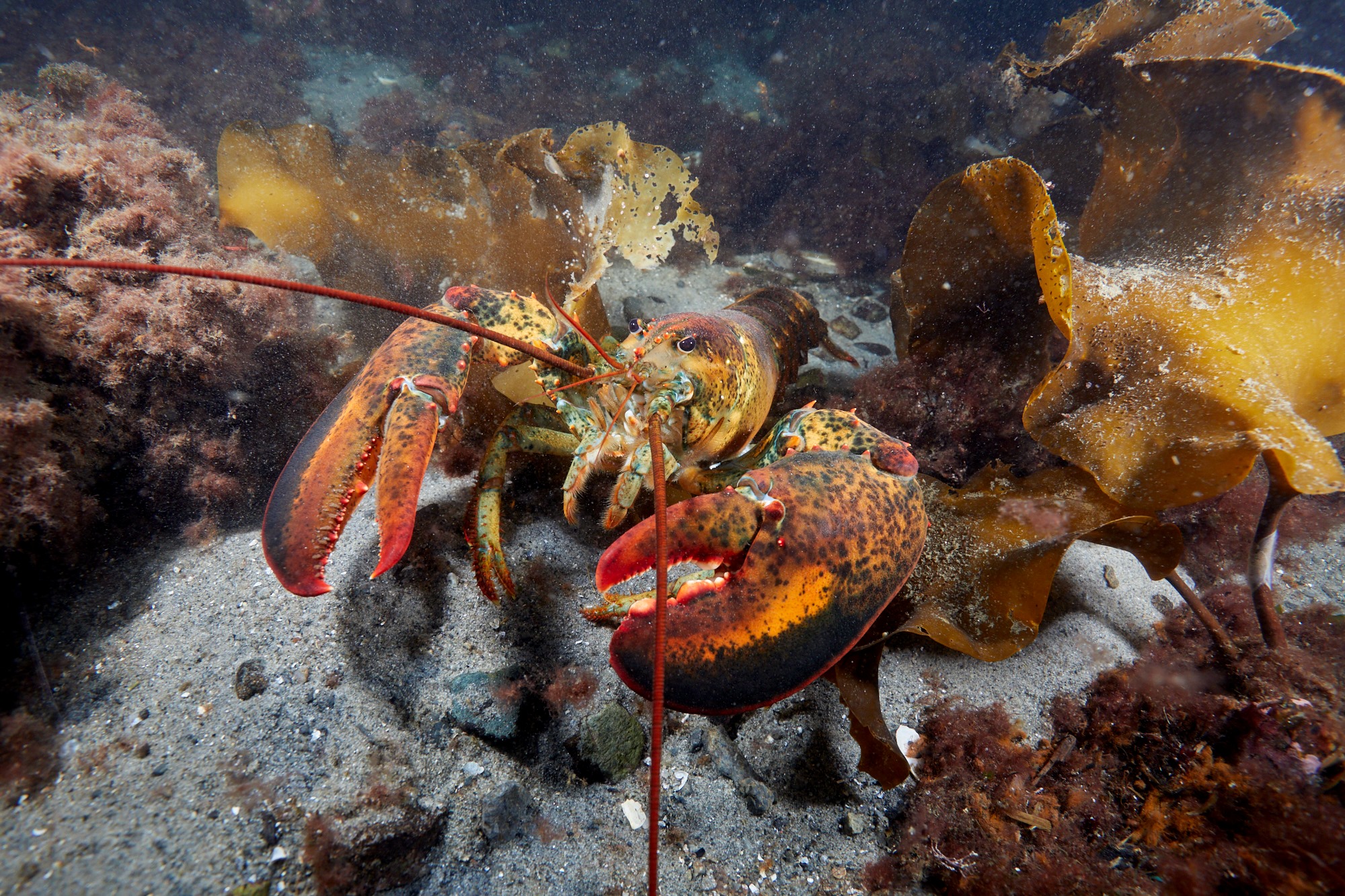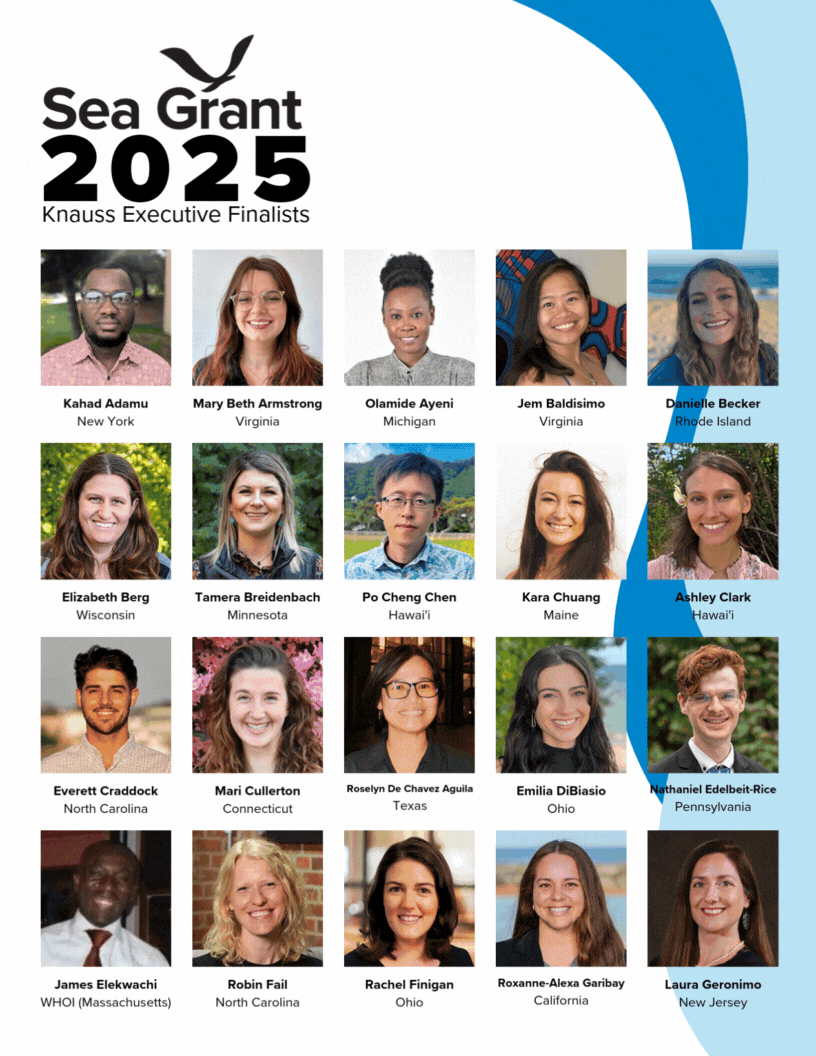Overview of the permitting for oyser restoration programs in 21 states
Oyster reefs and other shellfish habitats are essential parts of coastal ecosystems. In addition to filtering pollutants and improving water quality, oyster reefs serve as a buffer for coastlines against coastal storms and erosion. Unfortunately, many areas along the coast are experiencing a decrease in oyster habitat. In an attempt to reverse this trend, many organizations fund and implement oyster restoration projects.
No two states, however, are alike when it comes to permitting oyster restoration projects. It can be challenging for project proponents to navigate the regulatory process. Recently, at the request of The Nature Conservancy (TNC), the Mississippi-Alabama Sea Grant Legal Program and the National Sea Grant Law Center compiled a research report on the regulatory framework governing shellfish restoration projects in 21 coastal states. The 21 coastal states of interest as identified by TNC were: Alabama, California, Connecticut, Delaware, Florida, Georgia, Louisiana, Maine, Maryland, Massachusetts, Mississippi, New Hampshire, New Jersey, New York, North Carolina, Oregon, Rhode Island, South Carolina, Texas, Virginia, and Washington. The team did not review the policies of Alaska, Hawaii, Pennsylvania, or the Great Lakes states.
The legal team for the project included Niki Pace of the Mississippi-Alabama Sea Grant Legal Program and Stephanie Showalter Otts, Terra Bowling, and Catherine Janasie of the National Sea Grant Law Center. Dr. Christopher Boyd of Troy University also provided additional research support. For each state, the legal team identified the responsible agencies, the application process, and the general regulatory framework. In addition, the team summarized oyster harvesting requirements, tools for protecting shellfish reefs and restoration projects, and state mitigation policies that incorporate shellfish.
The report, entitled “Inventory of Shellfish Restoration Permitting & Programs in the Coastal States,” was submitted to TNC in December 2014. A number of states, including Connecticut, Georgia, and New Hampshire, are currently reviewing their shellfish restoration policies. This report will help inform these reform efforts and potentially reduce barriers to the implementation of shellfish restoration projects. The information will also be used by TNC to create a prioritized agenda to guide their oyster restoration efforts and funding.
Both the National Sea Grant Law Center and Mississippi-Alabama Sea Grant Legal Program are based at The University of Mississippi School of Law. More about the National Sea Grant Law Program’s work can be found at www.nsglc.olemiss.edu. More information about the Mississippi-Alabama Sea Grant Legal Program can be found at www.masglp.olemiss.edu.


